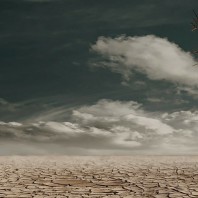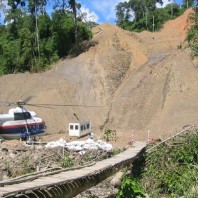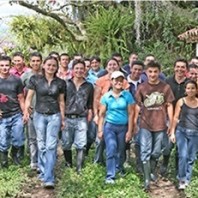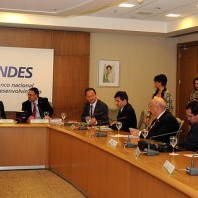New research today reveals that not one of the world’s main development banks is on track to help keep the world below 2 degrees warming. Instead, the banks – funded by tax-payers – continue to support fossil-fuel projects in developing countries. Worst performers include the World Bank’s private sector lending arms[1] which promote fossil fuels …
Violating rights and threatening lives: The Camisea gas project and indigenous peoples in voluntary isolation Groundbreaking research reveals severe impacts of the Camisea gas project on isolated indigenous peoples in the Peruvian Amazon Forest Peoples Programme Oxford, UK, January 20, 2014 A Forest Peoples Programme report published today reveals the severe impacts of Peru’s biggest …
On August 2, the Inter-American Development Bank (IDB) opened the first phase of public consultations on its Independent Consultation and Investigation Mechanism (ICIM), aiming to revise and update the ICIM policy that has been in effect since September 2010. The ICIM (commonly known by its Spanish acronym, MICI) is an IDB policy that establishes an independent body …
A new evaluation of a $1.3 billion World Bank development policy loan to promote sustainability reforms at the Brazilian National Bank for Economic and Social Development (BNDES) that questions the effectiveness of DPLs due to weaknesses in existing Bank policy guiding their design and execution. This brief calls for the reform of Bank DPL policy as an urgent part of the ongoing revision of World Bank safeguard policies to ensure consistent management of risk across all World Bank operations.
This update prepared by the Bank Information Center introduces the FCPF Readiness Package (R-Package) and the Carbon Fund (CF) operational.
The irregularity of the voluntary market of carbon credits is outpacing the environmental and legislative capacity of the country: irregular transfer of millions of hectares of forests as part of the market for carbon credits and other environmental services.
It took many years to establish the World Bank’s operational policies that safeguard society and the environment, and are some of the world’s highest development standards. As the Bank reviews these policies, civil society is organizing efforts to present their concerns and expectations, and offer their inputs as to what the outcome of the review should be.
The project will require an investment of some US$118mn, being financed to the tune of US$103mn by a World Bank loan and US$15mn in counterpart funding by the La Paz government.
The World Bank and the Government of Bolivia recognize the observations of the TCO Takana I on deficiencies in the Indigenous Peoples Plan of the Ixiamas – San Buenaventura Highway project and accept to start a process to improve the Indiginous Plan even after the project was approved.




